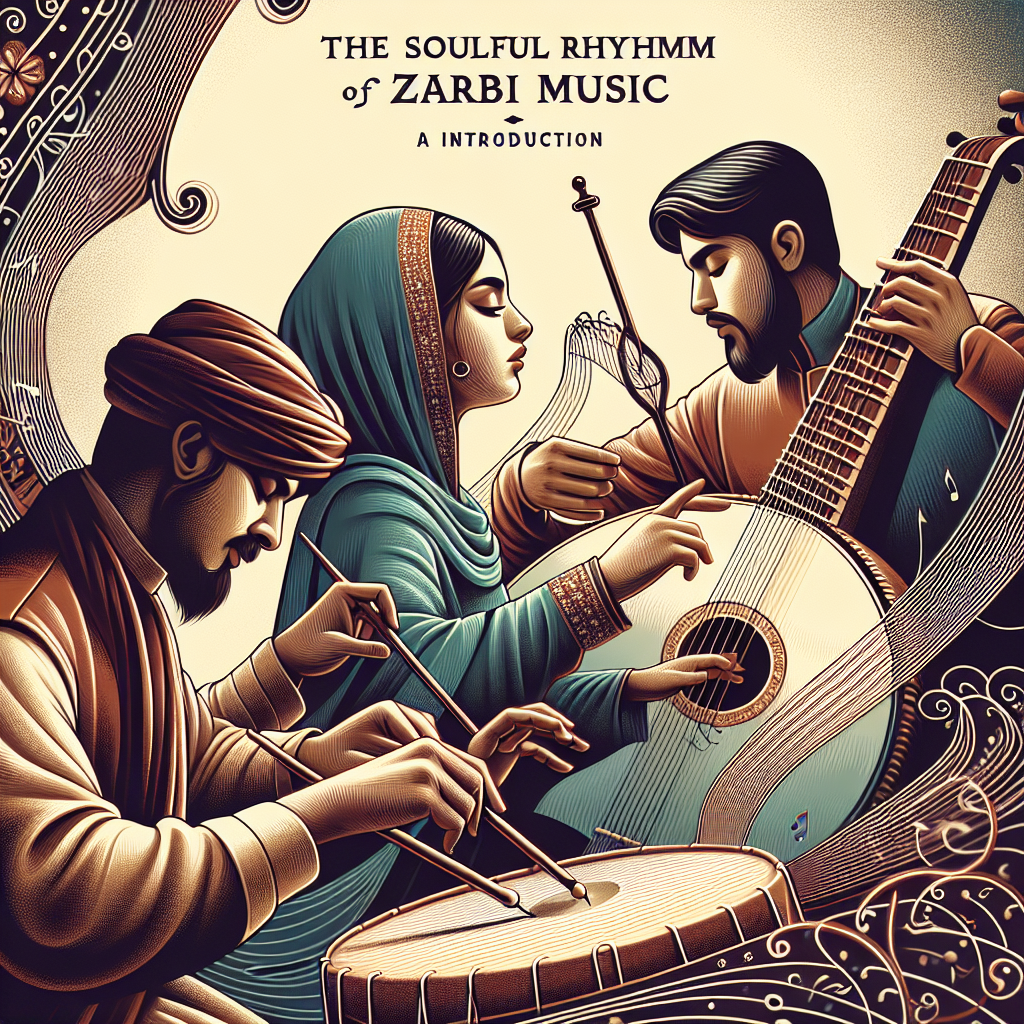The impact of rock music on society, culture, and the world at large is nearly immeasurable. Beloved by millions and transcending traditional barriers of race, class, or language, rock music has played a crucial role in global sociopolitical change and continues to do so today. However, the intricacies of what makes rock music such a powerful factor in culture and society often go unnoticed. This article aims to peel back the layers and delve into an understanding of the cultural impact of rock music.
The Emergence of Rock Music
Rock music burgeoned in the United States during the 1950s as a fusion of a number of existing genres, including rhythm & blues and country music. The music revolution it sparked quickly spread to other parts of the world, attracting legions of devoted fans. Its high-energy, raw sound coupled with themes of rebellion and social change was immensely appealing to young people during that time.
Influencing Social Issues and Politics
One aspect through which rock music has had a significant cultural impact is its connection to social issues and politics. Songs like “Blowin’ in the Wind” by Bob Dylan became anthems for the civil rights and anti-war movements in the 1960s. Rock musicians like Bruce Springsteen and Rage Against the Machine would later use their music to comment on worker’s rights, economic inequality, and institutional corruption.
Breaking Down Racial Barriers
Rock music has also played a critical role in breaking down racial barriers. African American artists like Chuck Berry and Little Richard were pioneers of the rock and roll genre. Their success, along with the influence of integrated touring acts, slowly helped desegregate audiences in the latter half of the twentieth century. In essence, rock music was a commonality that created a shared understanding and appreciation across racial lines.
Impacting Fashion and Lifestyle
Furthermore, the influence of rock music extends to fashion and lifestyle. Leather jackets, ripped jeans, and band t-shirts became symbols of the larger counterculture movement that rose along with the popularity of rock music. Furthermore, rock stars were often seen as icons of non-conformity, and their looks, attitudes, and behaviors played a significant part in defining ‘cool’ for generations of young people.
Unifying the Global Community
Lastly, rock music has served to unite people across the world. Concerts became spaces where people of diverse backgrounds could come together to celebrate and enjoy music. Artists such as The Beatles, U2, Queen, and more have transcended borders with their music, bringing people of diverse cultures together. This has helped make the world a smaller, more interconnected place.
Conclusion
In conclusion, rock music has had profound and far-reaching effects on society. It has influenced fashion, contributed to political dialogue, broken down racial barriers, and united people around the world. By understanding its impact, we can appreciate the era-defining power of this music genre and its everlasting presence in our cultural fabric.
FAQs
-
What are some examples of social issues addressed by rock music?
The Vietnam War, civil rights, gender equality, and homophobia are only a few examples of social issues tackled in rock music.
-
How did rock music influence fashion trends?
Fashion trends like long hair, leather jackets, denim jeans, band t-shirts, and more are associated with the rock music culture.
-
How does rock music break down racial barriers?
Rock music, with its roots in African American music traditions, featured successful Black artists like Chuck Berry, Jimi Hendrix, which helped desegregate audiences.
-
How has rock music united people globally?
Through internationally successful bands like The Beatles and U2, rock music created common ground among diverse cultures.
-
Can rock music influence societal change?
Yes, it has done so repeatedly. From the civil rights movement to the anti-war era, rock music has often echoed and amplified the voices of social change.




